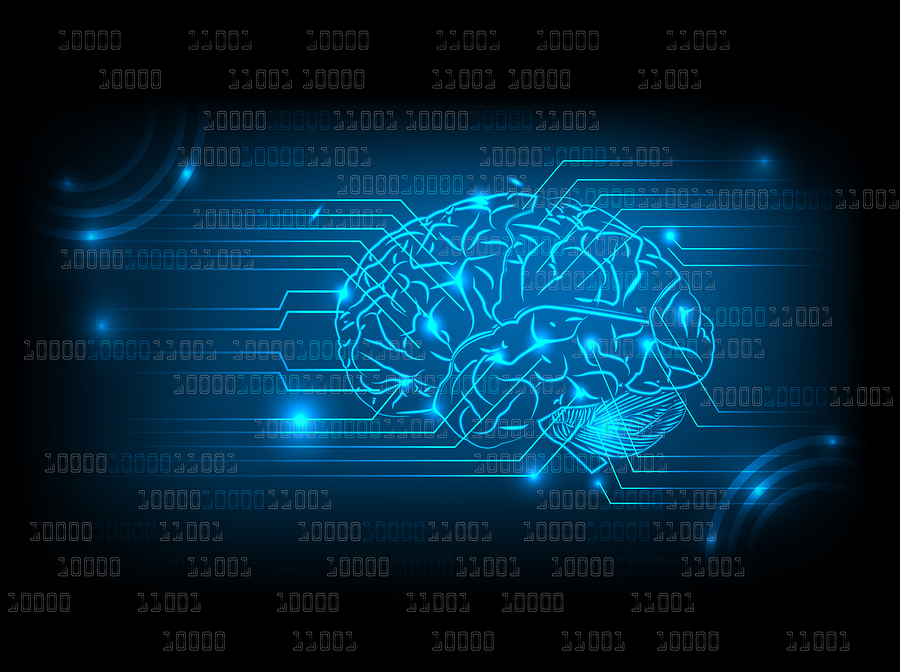Artificial intelligence could transform healthcare, but we need to accept it first
- by 7wData

Scientists in Japan reportedly saved a woman’s life by applying artificial intelligence to help them diagnose a rare form of cancer. Faced with a 60-year-old woman whose cancer diagnosis was unresponsive to treatment, they supplied an AI system with huge amounts of clinical cancer case data, and it diagnosed the rare leukemia that had stumped the clinicians in just ten minutes.
The Watson AI system from IBM matched the patient’s symptoms against 20m clinical oncology studies uploaded by a team headed by Arinobu Tojo at the University of Tokyo’s Institute of Medical Science that included symptoms, treatment and response. The Memorial Sloan Kettering Cancer Center in New York has carried out similar work, where teams of clinicians and data analysts trained Watson’s machine learning capabilities with oncological data in order to focus its predictive and analytic capabilities on diagnosing cancers.
IBM Watson first became famous when it won the US television game show Jeopardy in 2011. And IBM’s previous generation AI, Deep Blue, became the first AI to best a world champion at chess when it beat Garry Kasparov in a game in 1996 and the entire match when they met again the following year. From a perspective of technological determinism, it may seem inevitable that AI has moved from chess to cancer in 20 years. Of course, it has taken a lot of hard work to get it there.
But efforts to use artificial intelligence, machine learning and big data in healthcare contexts have not been uncontroversial. On the one hand, there is wild enthusiasm – lives saved by data, new medical breakthroughs, and a world of personalised medicine tailored to meet our needs by deep learning algorithms fed by smartphones and FitBit wearables. On the other there’s considerable scepticism – a lack of trust in machines, the importance of individuals over statistics, privacy concerns over patient records and medical confidentiality, and generalised fears of a Brave New World. Too often the debate dissolves into anecdote rather than science, or focuses on the breakthrough rather than the hard slog that led to it. Of course, the reality will be somewhere in the middle.
In fact, it may surprise you to learn that the world’s first computerised clinical decision-support system, AAPhelp, was developed in the UK way back in 1972 by Tim De Dombal and one of my colleagues, Susan Clamp.
This early precursor to the genius AI of today used a naive Bayesian algorithm to compute the likely cause of acute abdominal pain based on patient symptoms. Feeding the system with more symptoms and diagnosis helped it to become more accurate over time and, by 1974, De Dombal’s team had trained the system to the point where it was more accurate at diagnosis than junior doctors, and almost as accurate as the most senior consultants.
[Social9_Share class=”s9-widget-wrapper”]
Upcoming Events
Evolving Your Data Architecture for Trustworthy Generative AI
18 April 2024
5 PM CET – 6 PM CET
Read MoreShift Difficult Problems Left with Graph Analysis on Streaming Data
29 April 2024
12 PM ET – 1 PM ET
Read More



